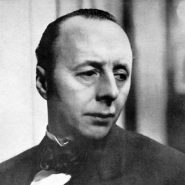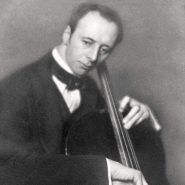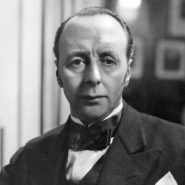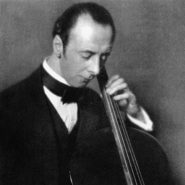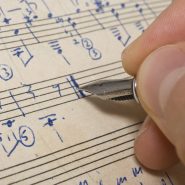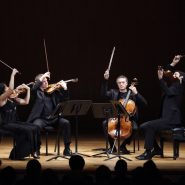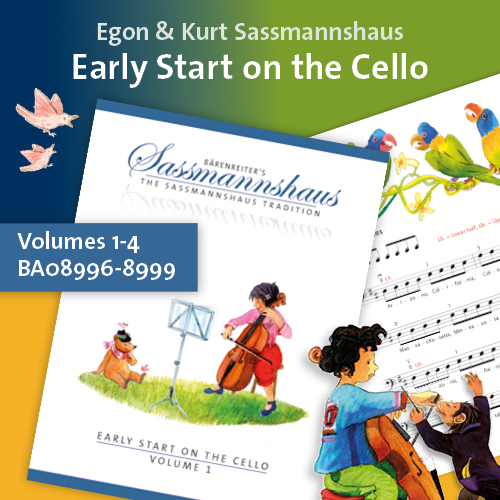Tag: composers
By Tully Potter February 5, 2018
Subjects Historical, Repertoire
Tags cello concerto, composers, criticism, Elgar, Felix Salmond, premiere
By Tully Potter February 5, 2018
Subjects Historical, Repertoire
Tags cello concerto, composers, Elgar, Felix Salmond, premiere
By Yeesun Kim October 7, 2011
Subjects Chamber Music, Repertoire
Tags ability, articulations, cello, cellobello, challenges, character, composers, confidence, creativity, dynamics, familiar, Kim, music, rehearsals, Rhythm, soundscapes, structure, unique, virtuosity, Yeesun
By Lev Mamuya September 6, 2011
Subjects Pre-College
By Brandon Vamos March 28, 2011
Subjects Chamber Music, Repertoire
